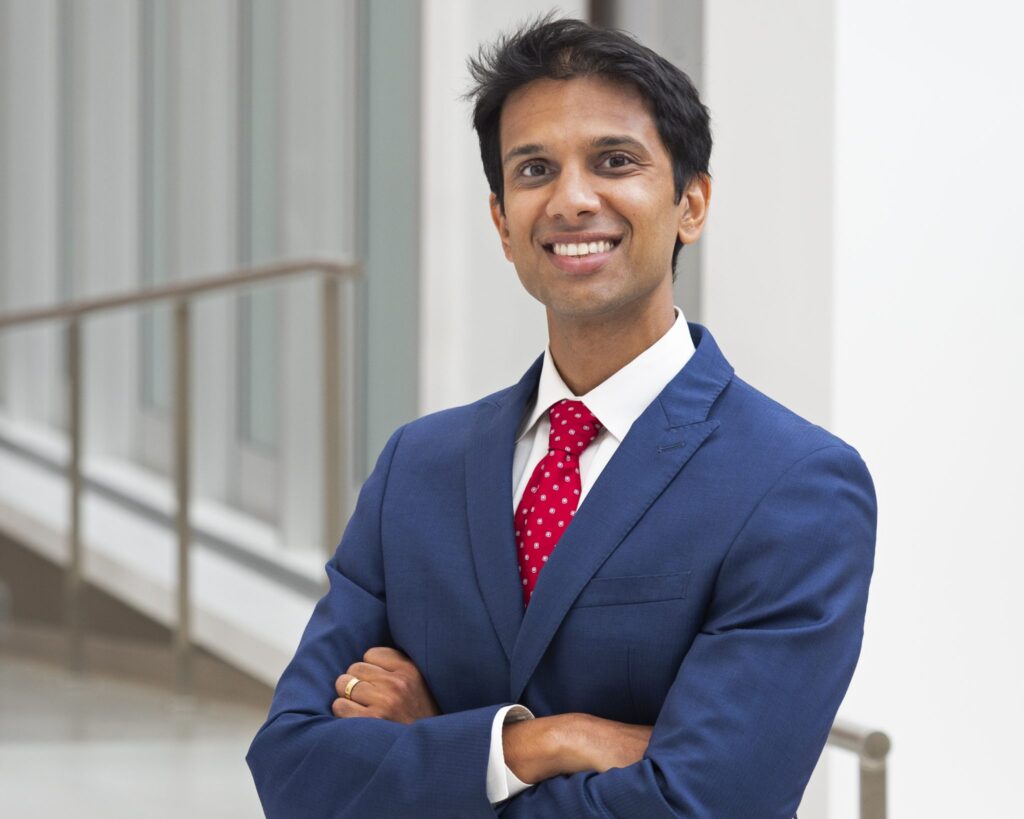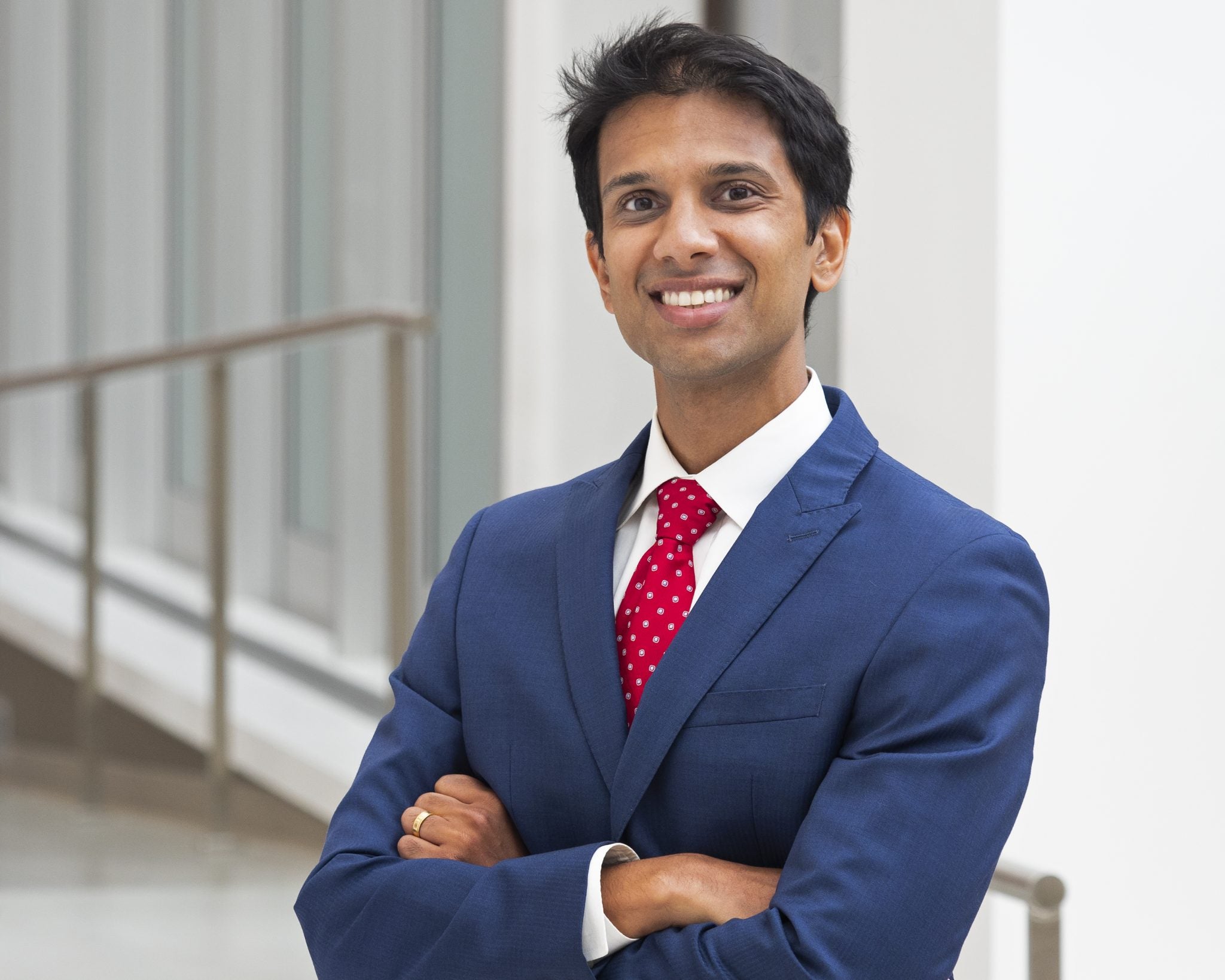CHIBE Q&A with Ravi Parikh, MD, MPP


Ravi B. Parikh, MD, MPP, is an Instructor in Medical Ethics and Health Policy at the University of Pennsylvania and Staff Physician at the Corporal Michael J. Crescenz VA Medical Center. He is a practicing oncologist with expertise in delivery system reform and informatics. Read our Q&A with Dr. Parikh below.
What projects are you currently involved in?
I am currently leading the integration of a machine learning-based prognostic tool in oncology practices at Penn, evaluating its accuracy and impact on prompting conversations between physicians and patients about treatment goals and end-of-life wishes. I am also leading two “big data” projects using electronic health record data from the VA – one examining racial disparities among patients with prostate cancer, and the other using machine learning to phenotype high-cost primary care patients. Finally, I am using recently available real-world data sources to study treatment outcomes for patients with cancer who are not well-represented in clinical trials. Aside from this work, I am working on ongoing projects as part of the newly formed Healthcare Transformation Institute, where we develop clinician-focused interventions based on behavioral economics to solve problems that health systems and payers face.
What made you want to be a columnist for Medscape, and what do you get out of that experience?
I love to write for popular press, not only as a way of venting and de-stressing, but also because it forces you to translate complex ideas that you wrestle with as a researcher for the general public. I felt that my time in oncology fellowship gave me a lot of powerful stories, both about the trials that patients with cancer face, but also the ways that our health system could do better. I don’t want those stories to live in a vacuum, and writing for Medscape, with a readership that extends from physicians, to policymakers, to patients, to entrepreneurs, allows me to bring stories to light.
What do you find most rewarding about your work?
The most rewarding part of my work is just how varied and exciting my day to day life can be! On a given day, I could be treating a patient with prostate cancer, looking at exciting preliminary results from a project, collaborating with a colleague to flesh out a great new project, and writing a manuscript or op-ed. There’s not too many things in life that give you the flexibility that being a clinician and health services researcher gives you.